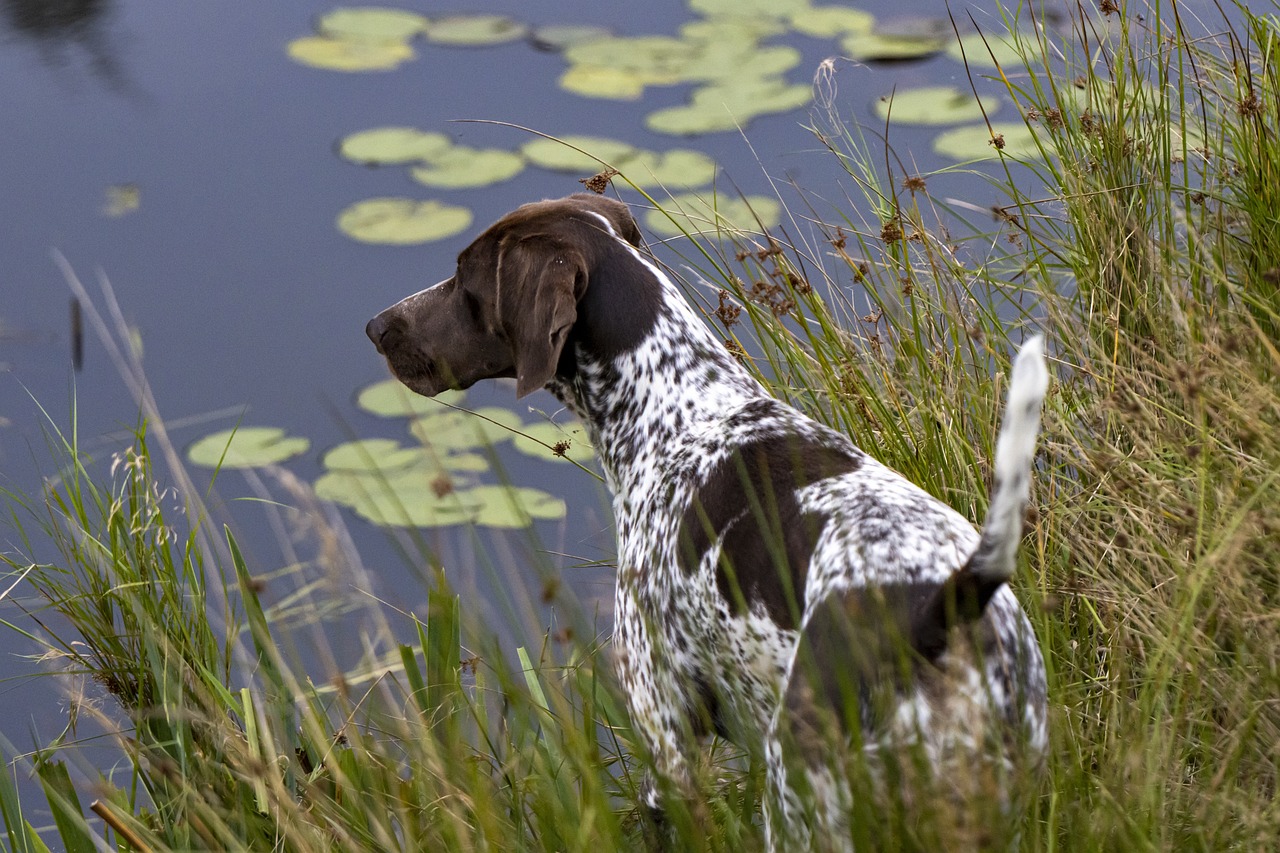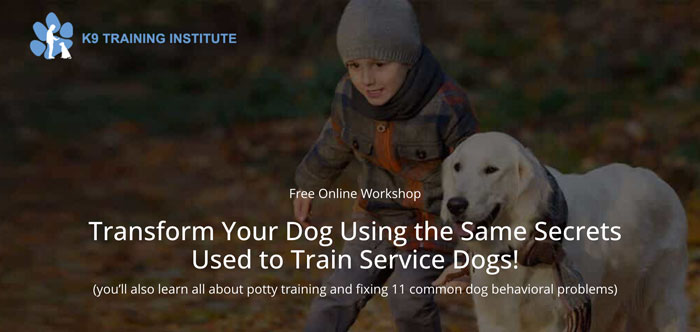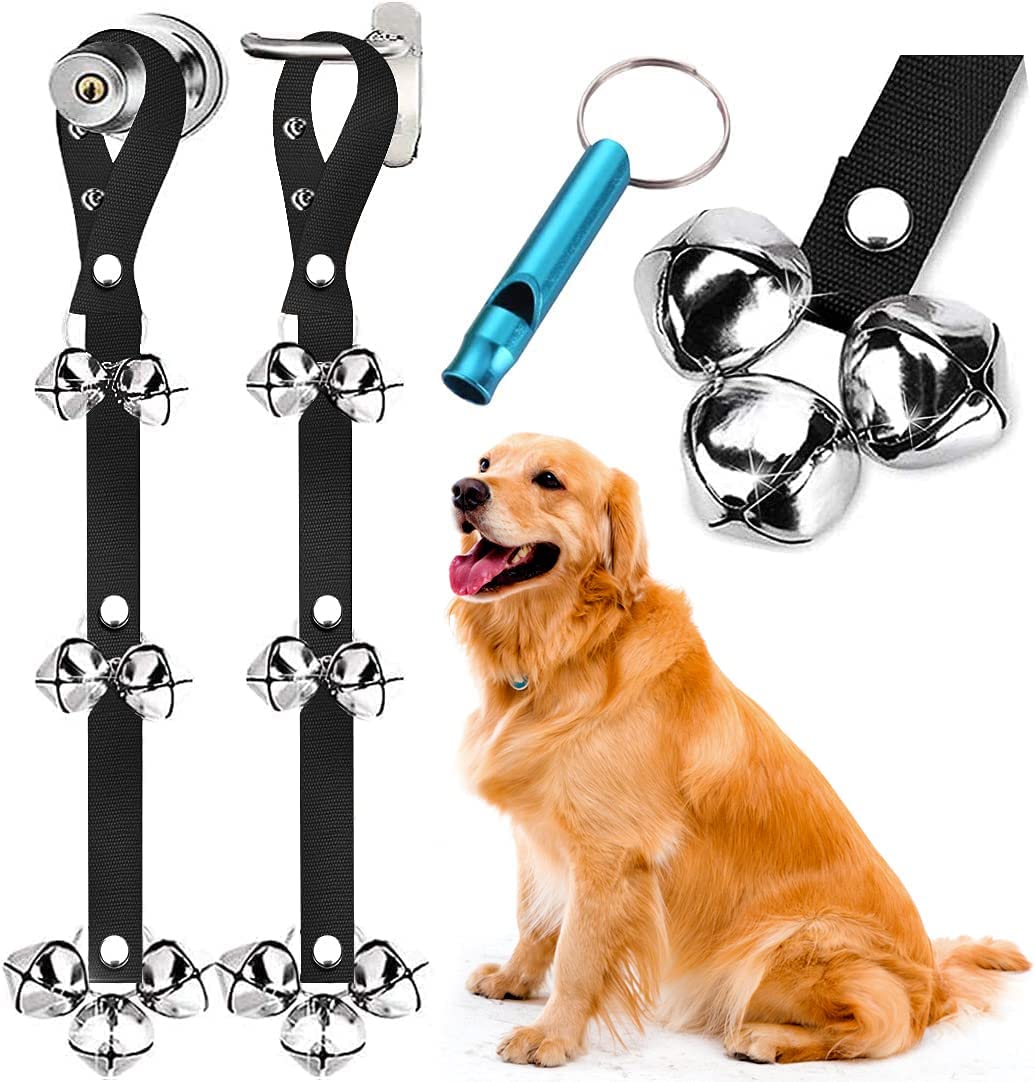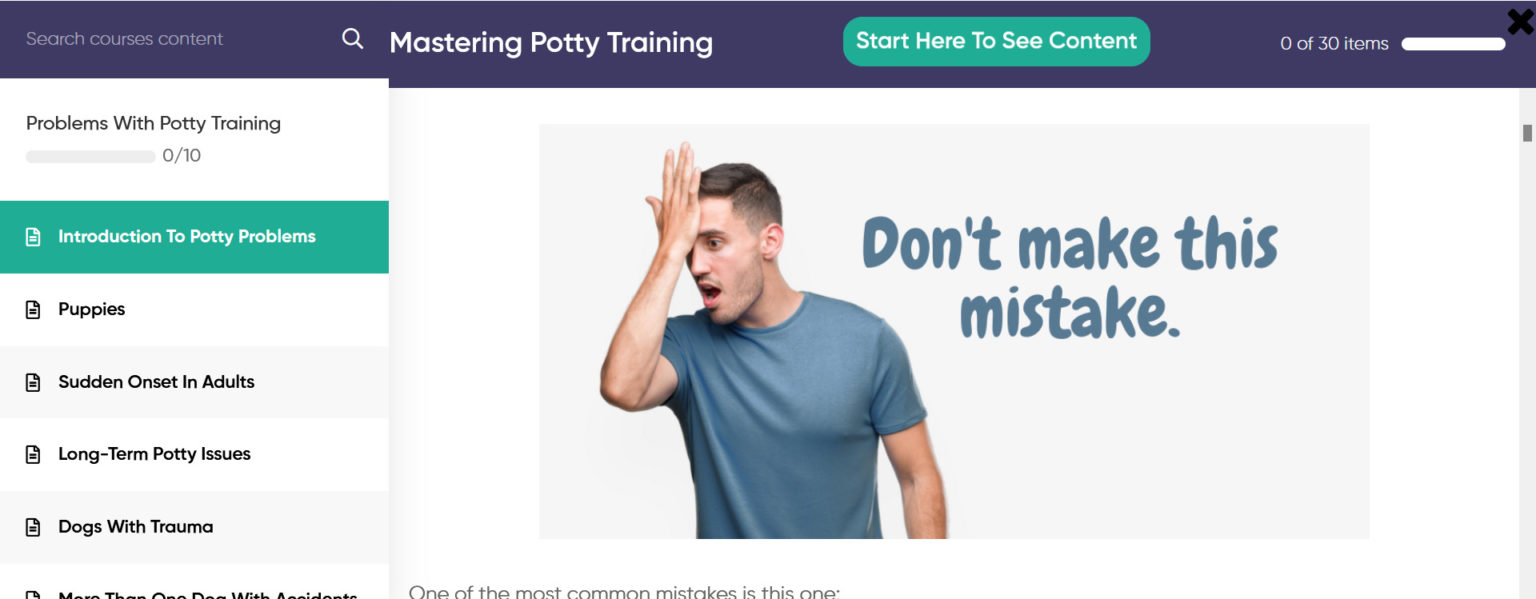 iHeartDogs is reader supported, so some of the links below may include affiliate links where we are paid a commission at no additional cost to you.
iHeartDogs is reader supported, so some of the links below may include affiliate links where we are paid a commission at no additional cost to you.
Potty training a German Shorthaired Pointer can be a daunting task, especially if you are a first-time dog owner. However, with the right techniques and approach, it is possible to quickly and effectively potty train your furry companion. In this article, we will be exploring 7 secrets to successfully potty train your German Shorthaired Pointer. From understanding their signals to creating a consistent routine, these tips will help you and your furry friend develop a strong and healthy potty training routine that will set you up for success.
Note: While the tips below should be very helpful for potty training your German Shorthaired Pointer, you may consider seeking the help of a professional online dog training course such as SpiritDog or K9 Training Institute, two of our favorite training resources for potty training.
1. Start Potty Training Your German Shorthaired Pointer Early and Be Consistent
The sooner you begin potty training your German Shorthaired Pointer, the better. Puppies can start learning as early as eight weeks old, and it’s easier for them to pick up good habits at this young age. Consistency is also crucial. Choose a designated potty spot outdoors and always bring your German Shorthaired Pointer to that same area. Stick to a routine, and take them out frequently, especially after meals, naps, and playtime. Your dog will associate the spot with going potty, and the consistent schedule will help reinforce the behavior.
2. Give Your German Shorthaired Pointer Positive Reinforcement
Positive reinforcement is an effective training method that rewards good behavior instead of punishing bad behavior. When your German Shorthaired Pointer successfully goes potty outside, offer praise, treats, or playtime as a reward. This will help your dog associate going to the bathroom outside with positive experiences, making them more likely to repeat the behavior. Make sure to reward them immediately after they finish, as dogs have a short memory and may not connect the reward with the action if there’s a delay.
3. Monitor Your German Shorthaired Pointer’s Behavior
Pay attention to your German Shorthaired Pointer’s body language and habits, as they can give you clues when they need to go. Common signs include sniffing, circling, whining, or scratching at the door. If you notice any of these behaviors, take your dog outside immediately. In time, you’ll be able to anticipate your dog’s needs, preventing accidents before they happen.
RELATED: Need to potty train your German Shorthaired Pointer quickly? Try this affordable online course
4. Confine Your German Shorthaired Pointer to a Small Area
When you’re not able to supervise your German Shorthaired Pointer, confine them to a small, designated area or crate. Dogs are naturally clean animals and don’t like to soil their living space. By limiting their space, you encourage them to hold it until they can go outside. Make sure the crate is large enough for your dog to stand, turn around, and lie down comfortably, but not so large that they can eliminate in one corner and sleep in another.
5. Gradually Increase Your German Shorthaired Pointer’s Freedom
As your German Shorthaired Pointer becomes more reliable in its potty training, you can gradually increase their freedom in the house. Start by allowing them access to one additional room, and monitor their behavior closely. If they continue to have accidents, return to the smaller confinement area and try again later. Gradually expanding their space will help them learn to hold it until they’re outside, even when they’re not in a confined area.
6. Try Using Potty Bells
Potty bells can be a useful tool to let your German Shorthaired Pointer know they are ready to be taken outside to the bathroom. Teach your German Shorthaired Pointer to ring the bell with their paw or nose before exiting the door that leads to their potty area. There are many types of potty bells available on Amazon, such as this:
7. Be Patient with Your German Shorthaired Pointer and Stay Positive
Potty training can be a frustrating process, but it’s essential to stay patient and maintain a positive attitude. Dogs can sense your emotions, and if you’re stressed or angry, it can hinder their progress. Remember that accidents will happen, but don’t punish your German Shorthaired Pointer for them. Instead, clean up the mess thoroughly to remove any lingering odors that may encourage your dog to eliminate in the same spot again. If you find yourself getting frustrated, take a step back and remind yourself that consistency, patience, and positivity are key.
8. Try an Online Dog Potty Training Course
If you’ve tried everything and your German Shorthaired Pointer is still having accidents or showing no progress, it may be time to consult a professional dog trainer.
Our 2 favorite online courses are:
1. SpiritDog’s “Mastering Potty Training” Course
This affordable course uses science-based and “fear-free” tactics to potty train your German Shorthaired Pointer quickly. You’re allowed to ask the trainer unlimited questions and it comes with a 60-day money-back guarantee.
2. K9 Training Institute’s “Dog Masterclass”
More than just a potty training course, this more comprehensive training course tackles any behavior problem you might face with your dog.
Frequently Asked Questions About Housebreaking a German Shorthaired Pointer
How do I know when my German Shorthaired Pointer needs to go potty?
Some signs that your German Shorthaired Pointer needs to go potty include sniffing around, circling or pacing, whining or scratching at the door. It’s important to pay attention to your dog’s body language and behavior and establish a routine to take them outside at regular intervals.
At what age should I begin potty training a German Shorthaired Pointer puppy?
It’s recommended to start potty training your German Shorthaired Pointer puppy as early as 8-12 weeks old, as this is when they start to develop bladder control. Consistency, positive reinforcement, and patience are key to successfully potty training your puppy.
How can I potty train an adult German Shorthaired Pointer?
Potty training an adult German Shorthaired Pointer requires patience, consistency, and positive reinforcement. Start by establishing a routine and taking them outside at regular intervals. Encourage and reward them when they go potty outside and avoid punishing or scolding them for accidents inside.
How long does it take to potty train a German Shorthaired Pointer puppy?
Potty training can take anywhere from a few weeks to a few months, depending on the individual puppy and the consistency of training. It’s important to be patient and consistent with your training, and not expect immediate results.
How often should I take my German Shorthaired Pointer outside for potty breaks?
Puppies should be taken outside every 2-3 hours, or immediately after eating, drinking, or waking up from a nap. As your puppy grows and develops better bladder control, you can gradually increase the time between potty breaks.
How should I potty train my German Shorthaired Pointer in an apartment if I don’t have a yard?
If you don’t have a yard, you can use puppy pads or take your German Shorthaired Pointer puppy outside for potty breaks on a leash. Establish a consistent routine and reward them for going potty in the designated spot. It’s important to be patient and consistent with your training.
What’s the best online training course to potty train a German Shorthaired Pointer?
Our 2 favorite online courses are:
1. SpiritDog’s “Mastering Potty Training” Course
This affordable course uses science-based and “fear-free” tactics to potty train your German Shorthaired Pointer quickly. You’re allowed to ask the trainer unlimited questions and it comes with a 60-day money-back guarantee.
2. K9 Training Institute’s “Dog Masterclass”
More than just a potty training course, this more comprehensive training course tackles any behavior problem you might face with your dog.

In conclusion, potty training a German Shorthaired Pointer takes time, patience, and consistency. Starting early, being observant of their behavior, using positive reinforcement, and establishing a routine are all important factors in successfully potty training a GSP. It is also important to understand that accidents will happen, but with the right training techniques and a positive attitude, potty training can be a relatively smooth process. By utilizing the seven secrets to potty training a German Shorthaired Pointer, you can help ensure that your furry friend grows into a well-behaved and house-trained companion.


 Toledo, United States.
Toledo, United States.